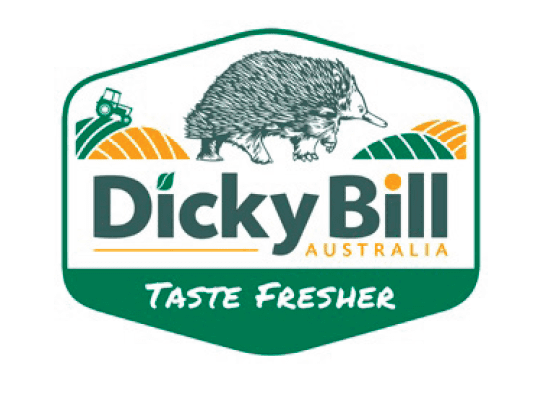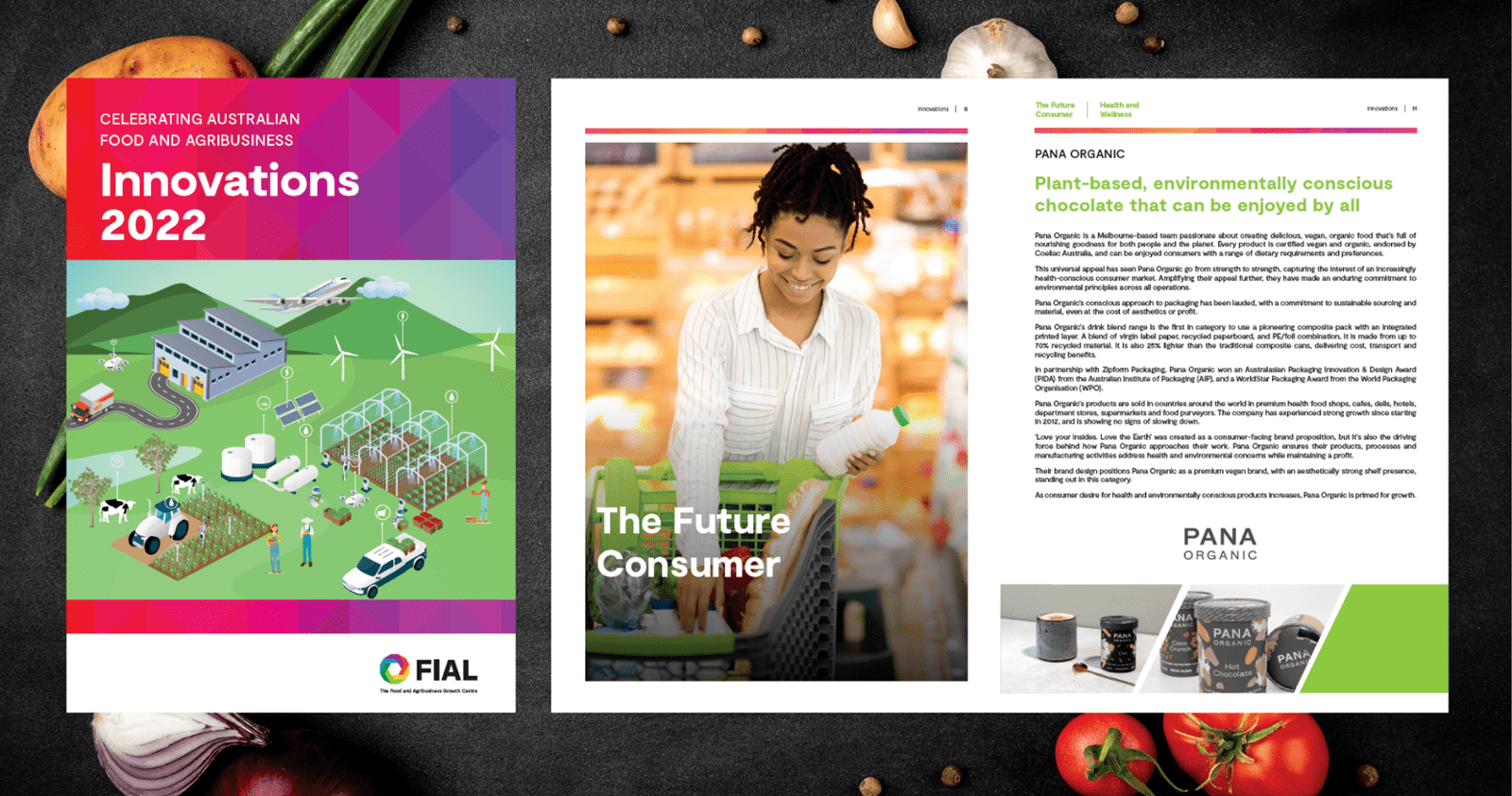Opportunities to deliver agri-food products and services without third party brokers to consumers via new digital platforms and online shopping channels, as well as agri-tourism.
Dicky Bill specialises in leafy salad vegetables. With farms in Victoria and Queensland, it supplies leafy salad vegetables, herbs, and salad kits and bowls year-round.
It grows, harvests, and packs to ensure the freshest possible product. It grows 100 per cent of its produce and doesn’t buy through third parties. It only harvests what it needs to dispatch, straight out of the paddock, into a bag, and onto the consumer’s plate.
Its focus on innovation has taken the business from strength to strength. It has been in business for over 25 years, supplying foodservice and supermarkets nationwide and overseas, and delivering fresh to customers through the Brisbane and Sydney Markets.
Looking to improve product quality and efficiency and reach export markets, Dicky Bill turned to the industry for help. Support from FIAL and Regional Development Victoria, among others, transformed its business. It transitioned from grower to a model of full vertical integration. By growing, processing, and freighting produce direct to end-users, the business has overall control of the supply chain, ensuring superior product quality and freshness.
Dicky Bill became the first grower in Australia to invest in custom-built machinery, increasing crop bed spacings by 25 per cent, creating a rise in production efficiency of 10 per cent. The project took two years and $2 million to execute, and innovative concepts saw the business grow to yield about 3,500 tonnes of fresh-cut salad a year, allowing it to begin to explore the export market.
By the time the company won the Australian vegetable industry’s National Exporter of the Year in 2018, it had exported nearly 10 per cent of its overall product to markets including Hong Kong, Singapore, New Zealand, and Indonesia.



